More often than not, entrepreneurs require significant financing to launch their business. Ideally, you’d have the means to tap into savings to obtain the capital required to buy a building, furnish the space, purchase equipment, and launch a product or service line. Unfortunately, we all know that this is rarely the case.
When looking for ways to finance your business, you’re faced with a choice between two types of funding: debt or equity. While it’s possible to combine the two to create a capital structure with more balance, it’s first important to explore the sources of funding that fall into each category.
Secure Debt Financing
Many small business owners seek funding for their ventures through various sources of debt. Whenever you obtain funding via debt financing, you’re accepting funds with an obligation to pay back the amount you borrow plus interest. Occasionally, as in the case for secured business loans, you’ll be required to extend collateral in exchange for financing. Failure to repay the loan within the prescribed terms, will result in the loss of said collateral.
While there are different levels of risk involved in acquiring funding through debt, there are also many accessible sources, including the following:
Small Business Loans - Your typical small business loan can be procured from your local financial institution. You just have to have enough credit or collateral to secure the loan.
SBA Loans and Microloans - These are government-back loans that are tailored to meet the needs of small businesses, offering more favorable rates and access to training programs to help entrepreneurs achieve success. Loan amounts can range anywhere from $50,000 to $5 million. Learn more here.
Credit Cards - Likely to be the most familiar form of debt financing, you can open a business line of credit to fund small and large purchases. Just be wary of high interest rates.
Family and Friends - While this might seem like the most flexible and low-stakes form of debt financing, beware of harming relationships by placing a financial burden on those who let you borrow money. If something goes wrong and you’re unable to pay back the loan, you could harm relationships for years to come.
Depending on the amount of funding and profit margin available in your intended industry, debt financing might be the most prudent choice to fund your business. Many small business owners are able to secure substantial funding via these means and pay off debt while working their way toward a profit.
Secure Equity Financing
If you’re looking for alternatives to loans and lines of credit, equity financing might be the way to go. With equity financing, you raise funds by selling shares or interest in your business to investors. In turn, investors will have a say in how you run your business. Depending on the deal you make and the type of investors you attract, this might be a temporary or permanent arrangement.
While there are different types of equity financing, some common sources include:
Crowdfunding - This option has become increasingly popular for product-based businesses that promise a trendy or exciting deliverable to backers who pledge varying amounts of money. Instead of having direct control over the business, backers often provide feedback and guidance in the form of pledges.
Family and Friends - Again, turning to family and friends for money can get tricky, but cuts out unknown third parties who might not share your vision. Just be sure you’re prepared to navigate conversations about control and boundaries in the business.
Venture Capital Firms - This option is the pinnacle of equity financing. Venture capital firms will distribute rounds of funding, broken down into portions of the total desired amount over time. The firm will increase the amount of money it invests in your business, as you will increase the amount of control they have over your business.
Angel Investors - The slightly less intense alternative to venture capital firms, angel investors will desire less control over your business. At the same time, they’ll also offer less capital. Angel investors can be found here, and are usually content to invest their funds in your business after hearing a pitch or looking over a proposal.
Regardless of the form of equity financing you seek out, be prepared to exchange capital for some amount of control over the direction your business takes.
The Financing Option for You
To determine what financing options serves your needs and the requirements of your business, look first to your business plan. The information contained in this document is invaluable in determining the amount of capital you’ll need to get started, as well as the potential rate at which you can reasonably expect to pay back any money you’ll need to borrow. Likewise, it can show potential investors how much profit they’ll stand to gain by contributing to your business.
While sources of equity financing can initially appear less risky for a small business owners, they’re also more difficult to secure. Convincing angel investors and venture capitalists to provide you with funds also comes with its own set of expectations and responsibilities that you might not be prepared to honor.
Debt financing options can also be difficult to obtain, especially if you have little or no credit. However, these funding options are also more widely available to small businesses as are the advisors who can guide you through loan processes and debt repayment strategies.
Ultimately, you need to take a look at the level of risk you’re personally willing to take in order to fund your business. Weigh this against your financial need and your business’s profit potential, and you’ll arrive at the best source of funding for your business. Of course, you can also secure financing through a combination of debt and equity in order to balance your responsibilities and grow your business at a faster rate.

